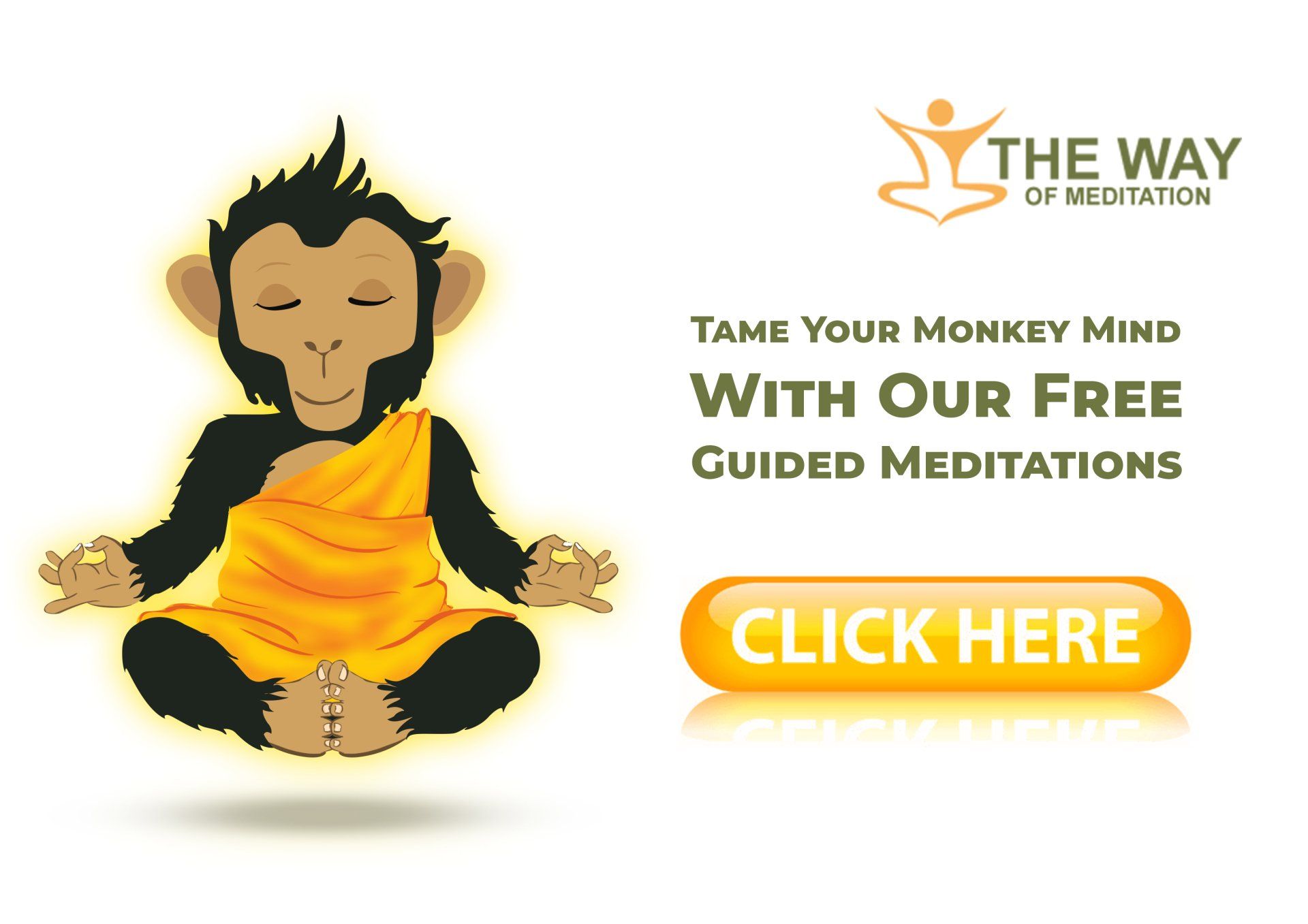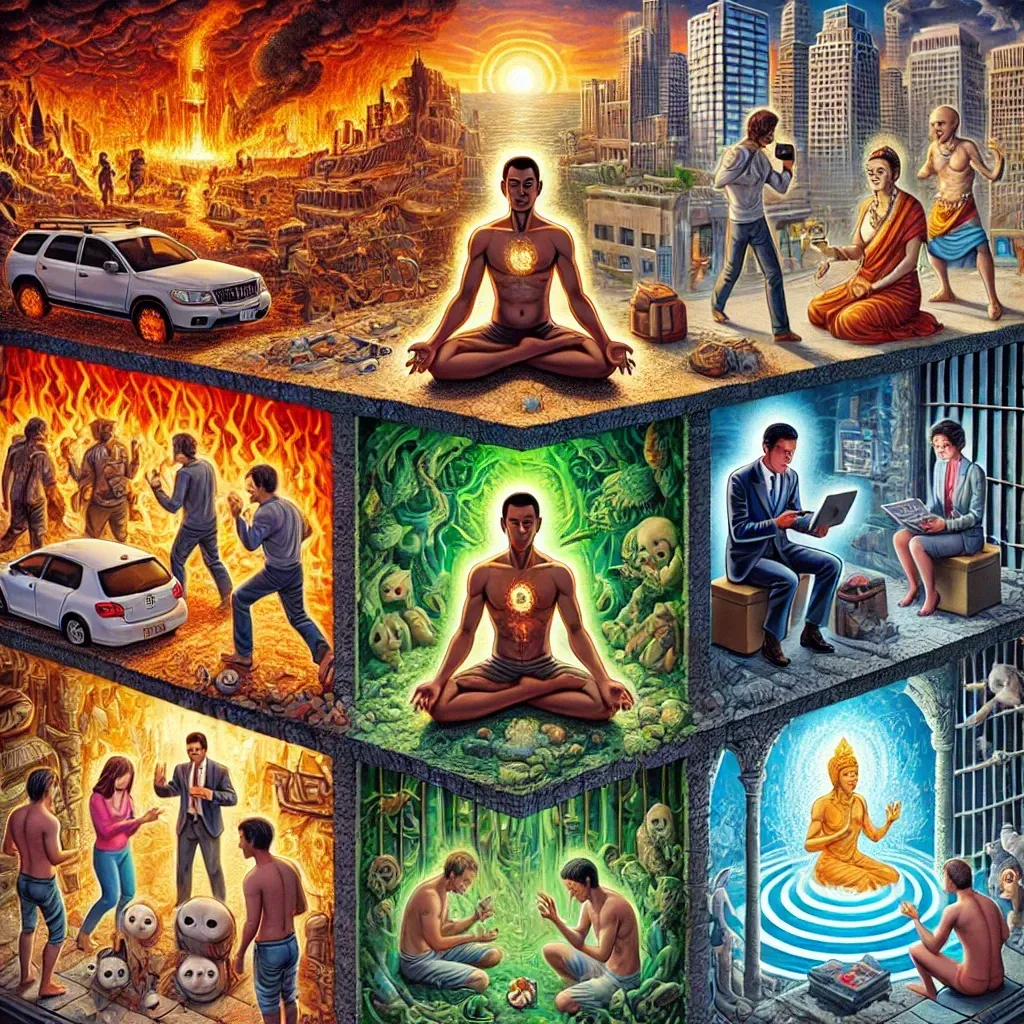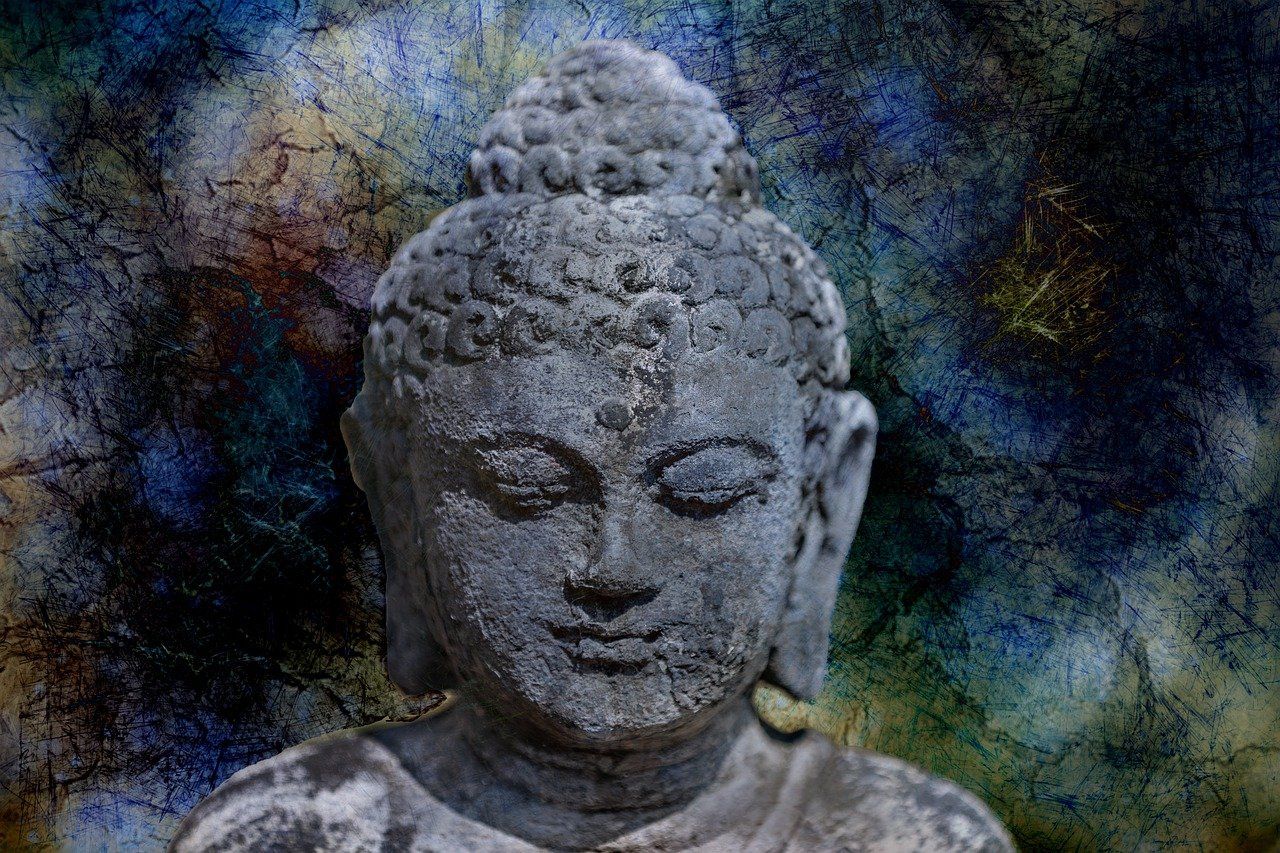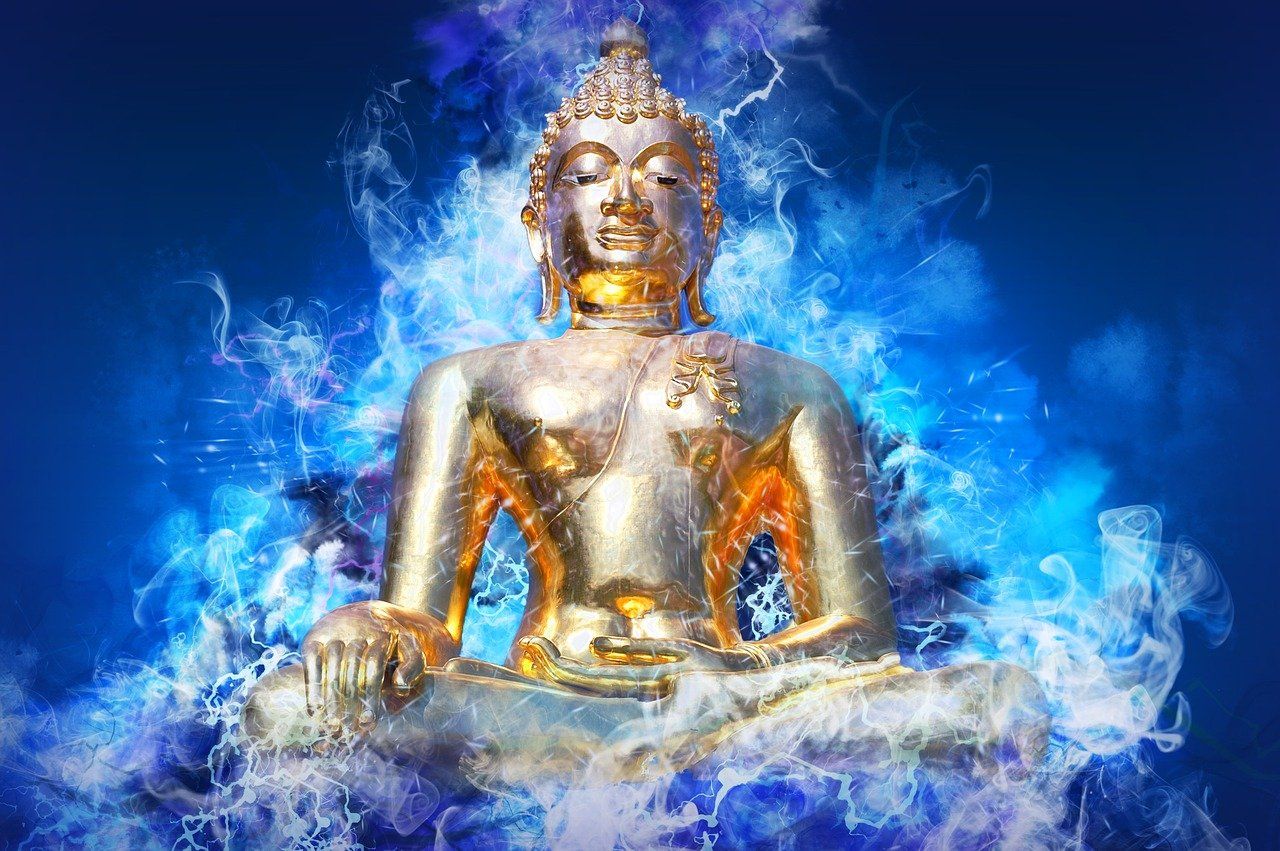The Way of Meditation Blog
Bringing Ancient Wisdom Into The Modern World
Meditation vs Religious Belief
Jiddu Krishnamurti • May 19, 2019
Religious Belief
Religious Belief is one thing, reality is another. One leads to bondage and the other is possible only in freedom. Belief can never lead to reality. Belief is the result of conditioning, or the outcome of fear, or the result of an outer or inner authority which gives comfort. Reality is none of these.
The credulous are always willing to believe, accept, obey, whether what is offered is good or bad, mischievous or beneficial. The believing mind is not an enquiring mind, so it remains within the limits of the formula or principle. Through experience you hope to touch the truth of your belief, to prove it to yourself, but this belief conditions your experience. It isn’t that the experience comes to prove the belief, but rather that the belief begets the experience.
The credulous are always willing to believe, accept, obey, whether what is offered is good or bad, mischievous or beneficial. The believing mind is not an enquiring mind, so it remains within the limits of the formula or principle. Through experience you hope to touch the truth of your belief, to prove it to yourself, but this belief conditions your experience. It isn’t that the experience comes to prove the belief, but rather that the belief begets the experience.
Your religious belief in God will give you the experience of what you call God. You will always experience what you believe and nothing else. And this invalidates your experience. The Christian will see virgins, angels and Christ, the Hindu will see similar deities in extravagant plurality. The Muslim, the Buddhist, the Jew and the Communist are all the same. Belief conditions its own supposed proof.
Man has always been seeking something beyond his own death, beyond his own problems, something that will be enduring, true and timeless. He has called it God, he has given it many names; and most of us believe in something of this kind, without ever actually experiencing it.
When you are enquiring into such extraordinary questions, there must be the freedom of actually not knowing a thing about it. You really don’t know, do you? You don’t know what truth is, what God is – if there is such a thing – or what is a truly religious mind. You have read about it, people have talked about it for millennia, have built monasteries, but actually they are living on other people’s knowledge, experience and propaganda. To find out, surely one must put aside all that completely, and therefore the enquiry into all this is a very serious matter. If you want to play with it, there are all kinds of so called spiritual, religious entertainments, but they have no value whatsoever to a serious mind.
I find that as long as the mind is in a state of fear, it wants to escape from it, and it projects the idea of the Supreme, and wants to experience that. But if it frees itself from its own agony then it is altogether in a different state. It doesn’t even ask for the experience because it is at a different level.
Man has always been seeking something beyond his own death, beyond his own problems, something that will be enduring, true and timeless. He has called it God, he has given it many names; and most of us believe in something of this kind, without ever actually experiencing it.
Meditation As Open Enquiry
I find that as long as the mind is in a state of fear, it wants to escape from it, and it projects the idea of the Supreme, and wants to experience that. But if it frees itself from its own agony then it is altogether in a different state. It doesn’t even ask for the experience because it is at a different level.
In ourselves we are so petty, so essentially nothing, and the worship of something greater than ourselves is a petty and stupid as we are. Identification with the great is still a projection of the small. The more is an extension of the less. The small in search of the large will only find what it is capable of finding.
Is it selflessness to lose yourself in a book, in a chant, in an idea? Is devotion the worship of an image, of a person, of a symbol? Can a symbol ever represent truth? Is not a symbol static, and can a static thing ever represent that which is living?
Your image is your intoxicant, and it is carved out of your own memory; you are worshipping yourself through the image created by your own thought. Your devotion is the love of yourself covered over by the chant of your mind.
Unless human beings find sacredness their life really has no meaning, it is an empty shell. They may be very orderly, they may be relatively free, but unless there is this thing that is totally sacred, untouched by thought, life has no deep meaning.
Is there something sacred, or is everything matter, everything thought, everything transient, everything impermanent? Is there something that thought can never touch and therefore is incorruptible, timeless, eternal and sacred?
There’s a sacredness which is not of thought, nor of religious belief. It is not recognisable by thought nor can it be utilised by thought. religious beliefs cannot formulate it. But there’s a sacredness, untouched by any symbol or word. It is not communicable. It is a fact. A fact is to be seen and the seeing is not through the word. When a fact is interpreted it ceases to be a fact; it becomes something entirely different. The seeing is of the highest importance. The seeing is out of time-space; it’s immediate, instantaneous. And what’s seen is never the same again.
This sacredness has no worshipper, the observer who meditates upon it. It’s not in the market to be bought or sold. Like beauty, it cannot be seen through its opposite for it has no opposite.
We mean by religion the gathering together of all energy to investigate… if there is anything sacred.
One has to investigate without any motive, without any purpose, the facts of time and if there is a timeless state. To practice the meditation of open enquiry one must have no belief whatsoever, not to be committed to any religion, to any so-called spiritual organisation, not to follow any guru, and therefore to have no authority whatsoever.
Is it selflessness to lose yourself in a book, in a chant, in an idea? Is devotion the worship of an image, of a person, of a symbol? Can a symbol ever represent truth? Is not a symbol static, and can a static thing ever represent that which is living?
Your image is your intoxicant, and it is carved out of your own memory; you are worshipping yourself through the image created by your own thought. Your devotion is the love of yourself covered over by the chant of your mind.
Unless human beings find sacredness their life really has no meaning, it is an empty shell. They may be very orderly, they may be relatively free, but unless there is this thing that is totally sacred, untouched by thought, life has no deep meaning.
Is there something sacred, or is everything matter, everything thought, everything transient, everything impermanent? Is there something that thought can never touch and therefore is incorruptible, timeless, eternal and sacred?
There’s a sacredness which is not of thought, nor of religious belief. It is not recognisable by thought nor can it be utilised by thought. religious beliefs cannot formulate it. But there’s a sacredness, untouched by any symbol or word. It is not communicable. It is a fact. A fact is to be seen and the seeing is not through the word. When a fact is interpreted it ceases to be a fact; it becomes something entirely different. The seeing is of the highest importance. The seeing is out of time-space; it’s immediate, instantaneous. And what’s seen is never the same again.
This sacredness has no worshipper, the observer who meditates upon it. It’s not in the market to be bought or sold. Like beauty, it cannot be seen through its opposite for it has no opposite.
We mean by religion the gathering together of all energy to investigate… if there is anything sacred.
One has to investigate without any motive, without any purpose, the facts of time and if there is a timeless state. To practice the meditation of open enquiry one must have no belief whatsoever, not to be committed to any religion, to any so-called spiritual organisation, not to follow any guru, and therefore to have no authority whatsoever.
Get A FREE
Guided Meditation Series
with Chad Foreman

In today’s fast-paced world, the mind often races, driven by the demands of work, family, and personal ambitions. Meditation is commonly seen as a practice to calm the mind, foster inner peace, and connect with deeper aspects of existence. Yet, one crucial element often overlooked is the state of the body, particularly the nervous system. Relaxing the nervous system isn’t just a preparatory step; it is foundational for unlocking the deeper states of awareness and tranquility that meditation promises. Drawing insights from my journey and teachings, we will explore why this is so vital and how it transforms the meditative experience.











